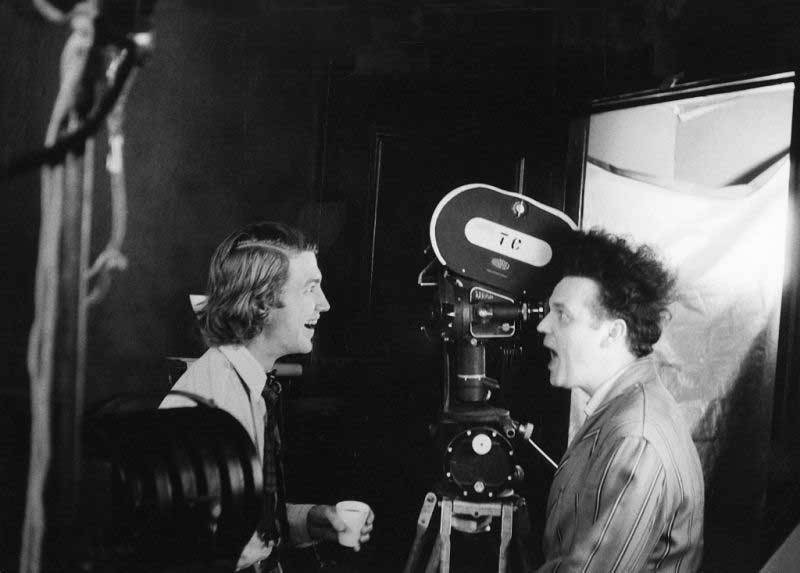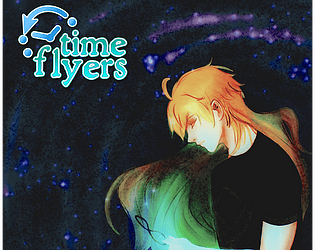The pilot episode of Twin Peaks captures the essence of David Lynch's storytelling through an everyday high school setting. We see typical scenes: a girl sneaking a smoke, a boy being summoned to the principal’s office, and routine classroom attendance. The normality is shattered when a police officer enters and whispers to the teacher, followed by a scream and a student sprinting across the courtyard. The teacher, visibly emotional, struggles to hold back tears as the class anticipates an announcement. Lynch’s camera then focuses on an empty seat, signaling the absence of Laura Palmer, whose death becomes the catalyst for the series. This scene perfectly encapsulates the dichotomy between surface-level normalcy and the unsettling undercurrents Lynch explores—a hallmark of his work.
Lynch's meticulous attention to life's details isn't just about recording them; it's about uncovering the unsettling truths that lie beneath. This approach is evident throughout his career, making the Twin Peaks moment both definitive and yet just one of many iconic Lynch scenes. His fans, sipping coffee and watching the weather, might argue over which moment truly defines his oeuvre, illustrating the breadth and depth of his influence over four decades in film, television, and art.
The term "Lynchian" captures the essence of this unnerving, dream-like quality that has made David Lynch a legend. It's a feeling that something is just off, an atmosphere that's hard to pinpoint but universally recognized. This is why his passing is so difficult for fans; he was a singular voice whose work resonates differently with each person. Like "Kafkaesque," "Lynchian" transcends specific elements of his work, becoming a broader descriptor for the disorienting and unsettling.
Watching Eraserhead has been a rite of passage for many budding film enthusiasts, a tradition passed down through generations, as evidenced by a teenager and his girlfriend diving into Twin Peaks on their own. Lynch's work, from the surreal world of Twin Peaks: The Return to the nostalgic yet bizarre settings, maintains a timeless quality. In The Return, Lynch revisits the past with a child’s bedroom reminiscent of 1956, juxtaposed with a dystopian reality featuring clones and violence.
When Hollywood embraced nostalgia, Lynch took the opportunity to create something entirely his own. In Twin Peaks: The Return, he subverted expectations by not bringing back key characters in a conventional way, staying true to his unique vision. His foray into mainstream cinema with Dune is a testament to his distinctive style, even amid the film's challenges. As detailed in Max Evry's book, A Masterpiece in Disarray, Lynch's vision permeates the film, from the iconic imagery to the bizarre inventions like the cat/rat milking machine.
Lynch's films often reveal a beauty amidst the weirdness, as seen in The Elephant Man. This film, while close to Oscar bait, remains a poignant exploration of humanity set against a backdrop of historical cruelty. The Lynchian essence is evident here, blending the touching with the disquieting.
Trying to categorize Lynch's work into genres or tropes is futile, yet his films are instantly recognizable. His work delves into the world beneath our own, pulling back the curtain to reveal what lies hidden. Blue Velvet is a prime example, starting with a seemingly idyllic setting that descends into a surreal underworld of crime and oddity. Influences like The Wizard of Oz are explored in documentaries, highlighting the unique blend of inspirations that shaped his films.
Lynch's influence spans generations, evolving from being influenced to becoming the influence. The term "Lynchian" encapsulates his impact, seen in films like I Saw The TV Glow, which evokes a Lynchian atmosphere inspired by Twin Peaks. Filmmakers like Yorgos Lanthimos, Robert Eggers, Ari Aster, David Robert Mitchell, Emerald Fennell, Richard Kelly, Rose Glass, Quentin Tarantino, and Denis Villeneuve have all drawn from Lynch's well, creating works that explore the surreal and the unsettling.
David Lynch may not be everyone's favorite filmmaker, but his role as an end-of-an-era artist is undeniable. His films, rooted in a bygone time, continue to inspire future filmmakers to look beneath the surface for those "Lynchian" elements that linger just out of sight.
 David Lynch and Jack Nance on the set of Eraserhead.
David Lynch and Jack Nance on the set of Eraserhead.






























